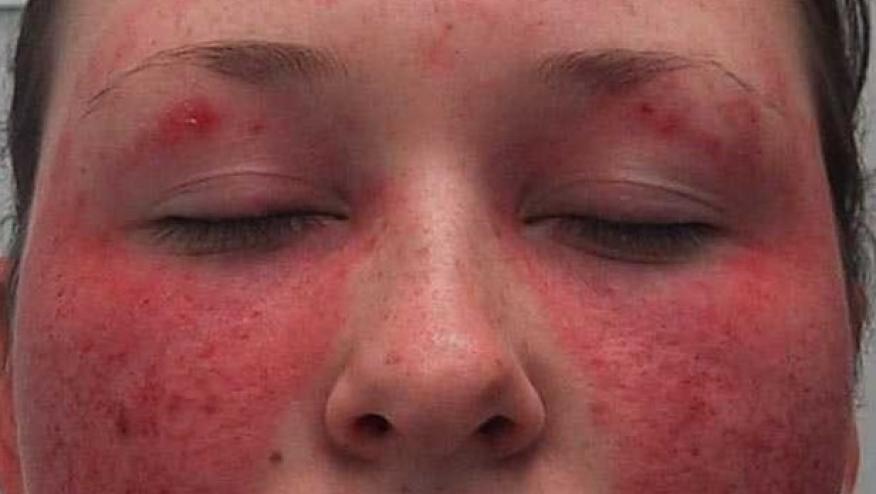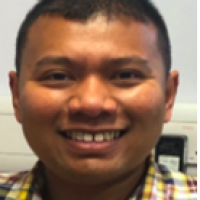SLE trials update Save

Translating targeted therapy from bench to bedside has been more problematic in systemic lupus erythematosus (SLE) than other autoimmune diseases, with many theoretically well-founded agents appearing to have failed in clinical trials as a result of inefficacy, problem with trial design and/or safety issues.
As we have learned to address these issues over several decades, we now have three licensed targeted therapies to treat patients with moderate to severe SLE: belimumab for both renal and extra-renal SLE, voclosporin for lupus nephritis and anifrolumab for extra-renal SLE. Furthermore, many novel agents are also currently evaluated in randomised controlled trials.
At this year’s EULAR 2022 Congress, there is some good news and bad news from a new therapeutic perspective.
Morand et al. (POS0190) reported data from two Phase III randomised, placebo-controlled trials of baricitinib in SLE (BRAVE-1 and BRAVE-2). The primary endpoint was the proportion of patients achieving the SRI-4 response at Week 52. Despite two identical designs, the trials produced discordant results. Significantly more patients in the baricitinib 4mg group achieved SRI-4 response compared to placebo (56.7% vs 45.9% respectively; p<0.05) in BRAVE-1 while there was no difference between the two treatment groups in BRAVE-2. Interestingly, improvement in the musculoskeletal and mucocutaneous domains using the BILAG-2004 index were noted over placebo in the baricitinib 4mg group. The authors did not disclose the BICLA response rates. BICLA is a BILAG-based combined assessment whereas SRI-4 is SLEDAI-based. In the previous anifrolumab phase III trials, TULIP-1 did not meet its primary endpoint using the SRI-4 but TULIP-2 did so using the BICLA. Therefore, it would be interesting to know the BICLA response rates in the BRAVE studies. If the results are positive, then there may be an issue with the choice of an outcome measure. It may be that the SRI-4 is suitable as an endpoint for B-cell targeted therapies whereas BICLA is for non-B cell therapies. The results from these BRAVE studies therefore were inconclusive. However, other key secondary endpoints were not met in both studies. For this reason, Lilly has decided to discontinue the Phase 3 development program of baricitinib in SLE.
On a more positive note, Morand et al. (LB0004) presented results from a Phase II randomised, placebo-controlled trial of deucravacitinib in SLE. Deucravacitinib is an oral, selective, TYK2 inhibitor with a unique mechanism of action, distinct from JAK-inhibitors. Of 363 patients, only 76% completed 48 weeks of treatment. At Week 32, the primary endpoint, the SRI4 response rate was significantly higher in the deucravacitinib than the placebo groups (DEUC 3 mg BID: 58.2% and Placebo: 34.4%, p=0.0006; DEUC 6 mg BID: 49.5%, p=0.021; DEUC 12 mg QD: 44.9%, p=0.078). Key secondary endpoints were met in the deucravacitinib group. No major safety signals were reported. This novel therapy will be investigated in Phase III trials and the results will be eagerly awaited.










If you are a health practitioner, you may Login/Register to comment.
Due to the nature of these comment forums, only health practitioners are allowed to comment at this time.